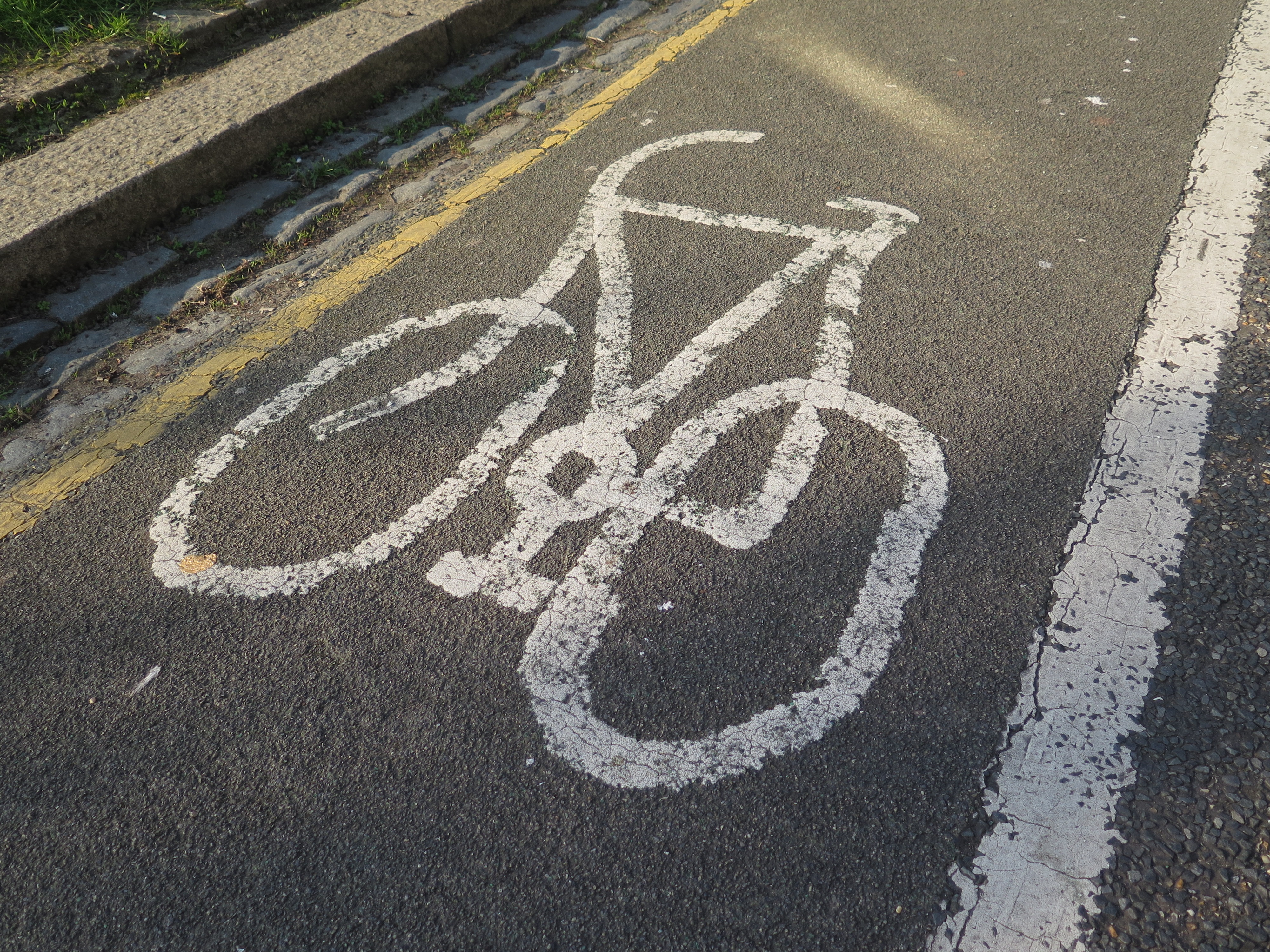
Vivacity Labs has partnered with Sutton and Kingston councils to review and monitor the use of existing cycle routes in both UK boroughs.
The councils will use Vivacity’s artificial intelligence and Internet of Things (IoT) technology to provide anonymous data on different transport modes and movement patterns.
Sensors will be deployed to gather more information about each borough’s cycle infrastructure, including the number of cyclists currently using the existing cycle lanes and main roads within the borough, and the number of unauthorised vehicles illegally using the spaces.
Vivacity says this will help the councils to consider the areas to be included in any future expansion of their cycle infrastructure.
In Sutton, 13 sites have been identified to provide an insight into the cross-borough usage of the cycle infrastructure, such as areas in Beddington, Hackbridge, Carshalton, Cheam and Worcester Park.
Meanwhile, 17 sites have been identified in Kingston, including routes in Kingston Town Centre, Surbiton, Tolworth, Chessington and New Malden.
The scheme is expected to help the councils build an overview of the cycle network to enhance decision-making and the application of bids.
Councillor Manuel Abellan, chair of the environment & sustainable transport committee at Sutton Council, says: “The council recognises the need to reduce the amount of private car use and to promote active travel.
“By using this innovative technology, the council can learn more and gain better insights into the use of its cycle lanes,” Abellan continues.
“This will enable us to identify opportunities to reduce carbon dioxide emissions and make progress towards becoming carbon neutral, tackling the climate emergency and being a green borough.”
Councillor Tim Cobbett, deputy leader at Kingston Council, says: "We are committed to a greener future by developing sustainable transport schemes and cutting-edge initiatives so Kingston can become carbon neutral by 2038. More accurate data can help us with that goal, allowing us to create even better spaces for cyclists and pedestrians.
"The more we know about how our spaces are currently used, and how many journeys are made using different methods of transport, the better our work can be targeted and removing barriers to active travel and ensuring our infrastructure for walking and cycling is targeted where it is needed most and this project will help us to do that."
The councils are carrying out the project as part of the South London Partnership, an initiative that seeks to deliver an IoT platform that will connect various sensors across borough boundaries.
It also includes input from the south London councils of Croydon, Merton and Richmond upon Thames.











